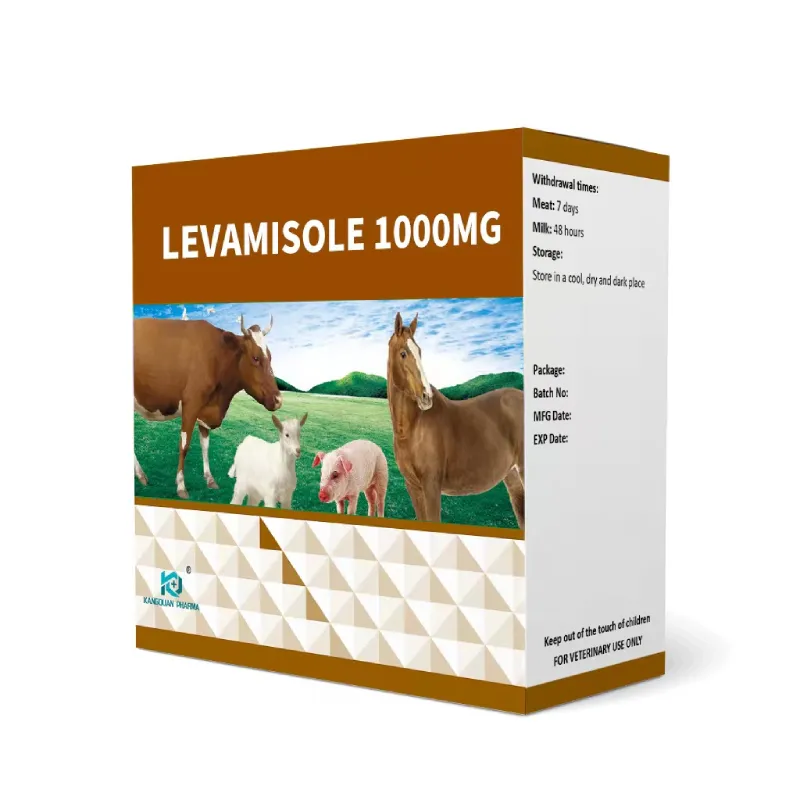- Afrikaans
- Albanian
- Amharic
- Arabic
- Armenian
- Azerbaijani
- Basque
- Belarusian
- Bengali
- Bosnian
- Bulgarian
- Catalan
- Cebuano
- Corsican
- Croatian
- Czech
- Danish
- Dutch
- English
- Esperanto
- Estonian
- Finnish
- French
- Frisian
- Galician
- Georgian
- German
- Greek
- Gujarati
- Haitian Creole
- hausa
- hawaiian
- Hebrew
- Hindi
- Miao
- Hungarian
- Icelandic
- igbo
- Indonesian
- irish
- Italian
- Japanese
- Javanese
- Kannada
- kazakh
- Khmer
- Rwandese
- Korean
- Kurdish
- Kyrgyz
- Lao
- Latin
- Latvian
- Lithuanian
- Luxembourgish
- Macedonian
- Malgashi
- Malay
- Malayalam
- Maltese
- Maori
- Marathi
- Mongolian
- Myanmar
- Nepali
- Norwegian
- Norwegian
- Occitan
- Pashto
- Persian
- Polish
- Portuguese
- Punjabi
- Romanian
- Russian
- Samoan
- Scottish Gaelic
- Serbian
- Sesotho
- Shona
- Sindhi
- Sinhala
- Slovak
- Slovenian
- Somali
- Spanish
- Sundanese
- Swahili
- Swedish
- Tagalog
- Tajik
- Tamil
- Tatar
- Telugu
- Thai
- Turkish
- Turkmen
- Ukrainian
- Urdu
- Uighur
- Uzbek
- Vietnamese
- Welsh
- Bantu
- Yiddish
- Yoruba
- Zulu
9 月 . 13, 2024 01:59 Back to list
cefquinome sulphate
The Role of Cefquinome Sulphate in Veterinary Medicine
Cefquinome sulphate, a fourth-generation cephalosporin antibiotic, is gaining prominence in veterinary medicine due to its broad-spectrum activity against a variety of bacterial infections in livestock. This antibiotic is particularly effective against a range of Gram-positive and Gram-negative bacteria, making it a valuable tool for veterinarians dealing with infectious diseases in animals.
One of the primary advantages of cefquinome sulphate is its pharmacokinetic profile. When administered, it demonstrates excellent tissue penetration and remains effective in various body fluids, ensuring that therapeutic levels are maintained in infected tissues. This characteristic is particularly beneficial in treating systemic infections and conditions such as mastitis in dairy cattle, respiratory infections in pigs, and other bacterial infections that can significantly impair animal health and productivity.
The use of cefquinome sulphate is especially critical in the context of addressing antibiotic resistance, a growing concern in both human and veterinary medicine. As farming practices evolve and the demand for high productivity increases, the risk of antibiotic resistance becomes more pronounced. Cefquinome sulphate presents a viable option because it targets bacteria that are often resistant to earlier generations of cephalosporins and other antibiotic classes. By utilizing cefquinome judiciously, veterinarians can help mitigate the risks associated with antibiotic resistance while ensuring effective treatment for their patients.
cefquinome sulphate

Furthermore, cefquinome sulphate has a favorable safety profile when used according to veterinary guidelines. Its low incidence of adverse effects makes it suitable for use in various animal species, including cattle, pigs, and poultry. This wide applicability is crucial in mixed farming scenarios, where a single antibiotic can simplify treatment protocols and reduce the chances of user error.
Despite the advantages, it is essential for veterinarians and farm managers to follow responsible antibiotic stewardship practices when utilizing cefquinome sulphate. This includes accurate diagnosis and confirmation of bacterial infections, appropriate dosing, and adherence to withdrawal periods to ensure that no residues are present in animal-derived food products. By doing so, they can protect consumer health and maintain the integrity of veterinary practices.
In conclusion, cefquinome sulphate plays a significant role in modern veterinary medicine, offering a powerful tool against bacterial infections in livestock. Its effectiveness, safety profile, and capability to address antibiotic resistance make it an invaluable resource for veterinarians. As the industry continues to evolve, the responsible use of cefquinome sulphate and similar antibiotics will be crucial in safeguarding animal welfare and ensuring the sustainability of agricultural practices. Continued research and education on its usage will further enhance its benefits while minimizing potential risks associated with antibiotic therapy in veterinary settings.
-
The Power of Radix Isatidis Extract for Your Health and Wellness
NewsOct.29,2024
-
Neomycin Sulfate Soluble Powder: A Versatile Solution for Pet Health
NewsOct.29,2024
-
Lincomycin Hydrochloride Soluble Powder – The Essential Solution
NewsOct.29,2024
-
Garamycin Gentamicin Sulfate for Effective Infection Control
NewsOct.29,2024
-
Doxycycline Hyclate Soluble Powder: Your Antibiotic Needs
NewsOct.29,2024
-
Tilmicosin Premix: The Ultimate Solution for Poultry Health
NewsOct.29,2024













